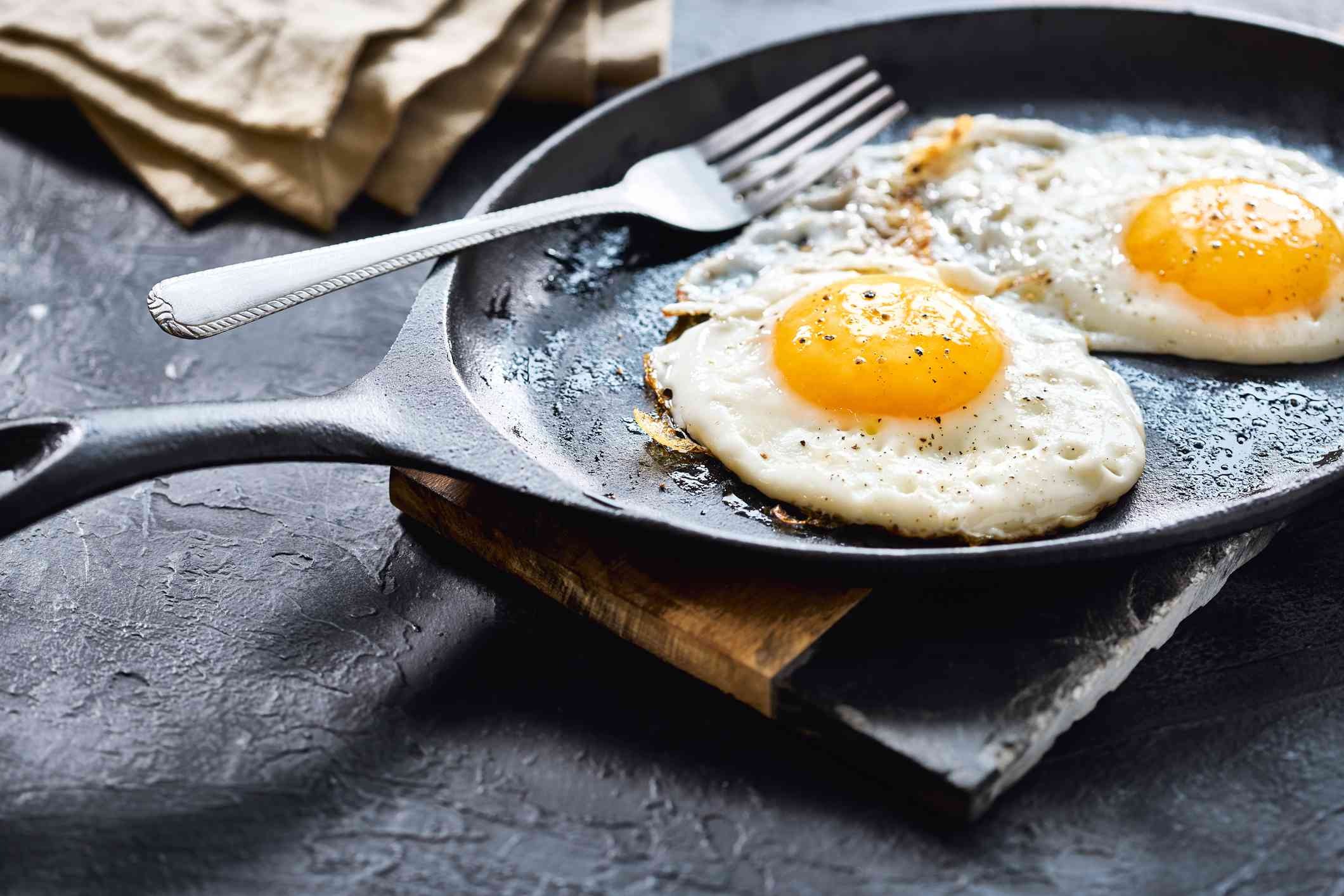HT6. Eat More Eggs, It Might Help Protect You From Osteoporosis
Osteoporosis, a condition that weakens bones and makes them more susceptible to fractures, affects millions of people worldwide, particularly older adults. With aging, bone density naturally declines, making bones brittle and fragile. While calcium and vitamin D have long been known to play key roles in bone health, emerging research suggests that including more eggs in your diet might offer an unexpected benefit in protecting against osteoporosis. Let’s explore how this simple food could support your bones and overall health.
The Nutrient Powerhouse of Eggs
Eggs are not only a source of high-quality protein but also provide a range of essential nutrients that contribute to overall well-being, including vitamins, minerals, and healthy fats. When it comes to bone health, eggs stand out for their unique combination of nutrients that work together to support strong, healthy bones.
1. Vitamin D: The Bone-Strengthening Vitamin
Vitamin D is critical for calcium absorption in the body, and calcium is one of the primary building blocks of bone tissue. Without sufficient vitamin D, your body may struggle to absorb calcium, even if you’re consuming enough of it through diet or supplements. Eggs, especially egg yolks, are one of the few foods that naturally contain vitamin D. A single large egg yolk can provide up to 37 IU of vitamin D, contributing to your daily needs and helping maintain bone density.
2. Protein: Essential for Bone Repair
The protein found in eggs helps maintain the structure of bones and supports bone repair. Collagen, the protein that gives bones their flexibility and strength, is produced from amino acids obtained from protein-rich foods. Eggs provide high-quality, complete protein that can aid in the regeneration of bone tissue, helping to prevent bone loss over time.
3. Choline: Supporting Bone Health
Eggs are one of the best sources of choline, an essential nutrient that has recently garnered attention for its role in bone health. Choline plays a vital role in the synthesis of phosphatidylcholine, which is a component of cell membranes, including those of bone cells. Ensuring adequate choline intake can help support bone growth and repair, further reducing the risk of osteoporosis.
Eggs and Osteoporosis: The Research Connection
Recent studies have suggested a link between egg consumption and improved bone health. For example, a study published in the Journal of Nutrition found that consuming more egg-based foods, particularly eggs high in vitamin D, can help prevent bone fractures and reduce the risk of osteoporosis in older adults.
Furthermore, eggs contain an optimal balance of omega-3 fatty acids, which are known to reduce inflammation in the body. Chronic inflammation can contribute to the breakdown of bone tissue, making the body more susceptible to osteoporosis. By incorporating eggs into your diet, you may help combat this inflammatory response, thereby supporting better bone health.
How to Incorporate Eggs Into Your Diet
Incorporating eggs into your diet is simple and versatile. Here are some ways to enjoy eggs and maximize their bone-protecting potential:
- Boiled Eggs: A quick, easy, and portable snack. Enjoy them on their own or add them to salads.
- Scrambled Eggs: Pair with vegetables for a nutritious breakfast.
- Egg Omelets: Add greens, cheese, and lean proteins for a nutrient-dense meal.
- Baked Goods: Eggs are often used in baking, so you can enjoy their benefits in cakes, muffins, and other treats.
For optimal bone health, aim to consume eggs as part of a balanced diet, alongside other foods rich in calcium and vitamin D, such as dairy products, leafy greens, and fortified foods.
Conclusion: Strengthen Your Bones with Eggs
While osteoporosis is a serious condition, simple dietary changes can make a big difference in your bone health. Adding eggs to your diet can provide essential nutrients like vitamin D, protein, and choline, all of which contribute to stronger, healthier bones. So, next time you’re considering a snack or meal, consider reaching for an egg – your bones will thank you!













